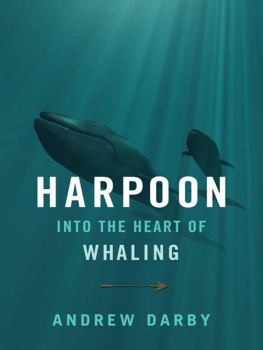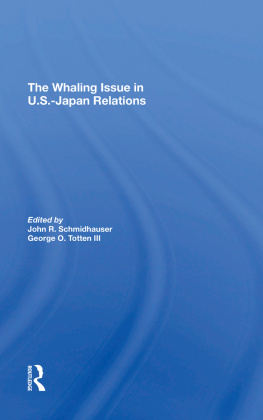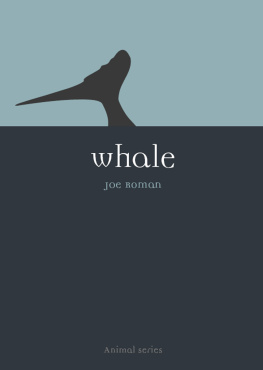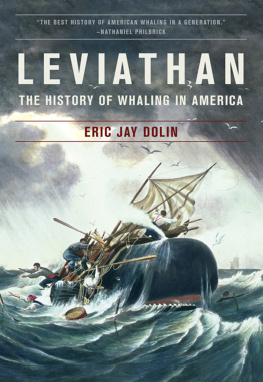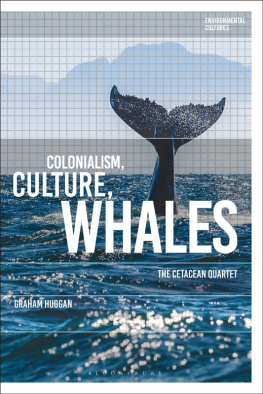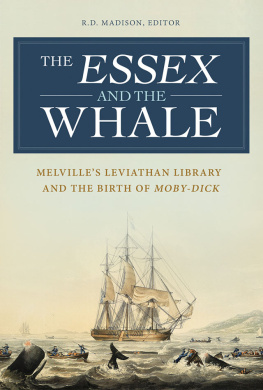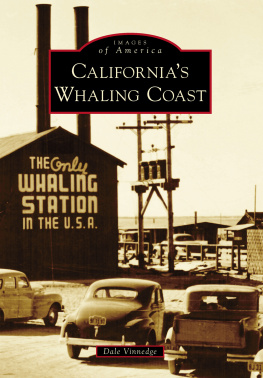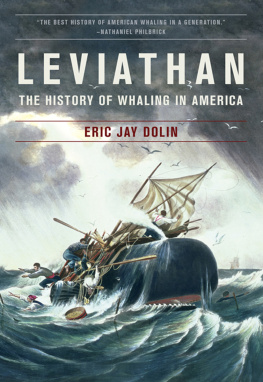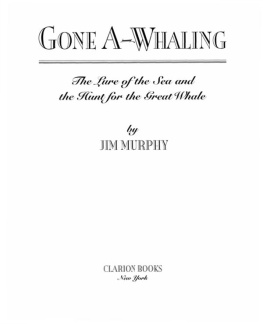
Studies in Environmental Anthropology and Ethnobiology
General Editor: Roy Ellen, FBA
Professor of Anthropology, University of Kent at Canterbury
Interest in environmental anthropology has grown steadily in recent years, reflecting national and international concern about the environment and developing research priorities. This major new international series, which continues a series first published by Harwood and Routledge, is a vehicle for publishing up-to-date monographs and edited works on particular issues, themes, places or peoples which focus on the interrelationship between society, culture and environment. Relevant areas include human ecology, the perception and representation of the environment, ethno-ecological knowledge, the human dimension of biodiversity conservation and the ethnography of environmental problems. While the underlying ethos of the series will be anthropological, the approach is interdisciplinary.
Volume 1
The Logic of Environmentalism: Anthropology, Ecology andPostcoloniality
Vassos Argyrou
Volume 2
Conversations on the Beach: Fisherman's Knowledge, Metaphor and Environmental Change in South India
Gtz Hoeppe
Volume 3
Green Encounters: Shaping and Contesting Environmentalism in Rural Costa Rica
Luis A. Vivanco
Volume 4
Local Science vs. Global Science: Approaches to Indigenous Knowledge in International Development
Edited by Paul Sillitoe
Volume 5
Sustainability and Communities of Place
Edited by Carl A. Maida
Volume 6
Modern Crises and Traditional Strategies: Local Ecological Knowledge in Island Southeast Asia
Edited by Roy Ellen
Volume 7
Travelling Cultures and Plants: The Ethnobiology and Ethnopharmacy of Human Migrations
Edited by Andrea Pieroni and Ina Vandebroek
Volume 8
Fishers And Scientists In Modern Turkey : The Management of Natural Resources, Knowledge and Identity on the Eastern Black Sea Coast
Stle Knudsen
Volume 9
Landscape Ethnoecology: Concepts of Biotic and Physical Space
Edited by Leslie Main Johnson and Eugene Hunn
Volume 10
Landscape, Process and Power: Re-Evaluating Traditional Environmental Knowledge
Edited by Sabrina Heckler
Volume 11
Mobility And Migration in Indigenous Amazonia: Contemporary Ethnoecological Perspectives
Edited by Miguel N. Alexiades
Volume 12
Unveiling the Whale: Discourses on Whales and Whaling
Unveiling the Whale
Discourses on Whales and Whaling
Arne Kalland
First edition published in 2009 by
Berghahn Books
www.berghahnbooks.com
2009, 2012 Arne Kalland
First paperback edition published in 2012
First ebook edition published in 2012
All rights reserved. Except for the quotation of short passages
for the purposes of criticism and review, no part of this book
may be reproduced in any form or by any means, electronic or
mechanical, including photocopying, recording, or any information
storage and retrieval system now known or to be invented,
without written permission of the publisher.
Library of Congress Cataloging-in-Publication Data
p. cm.(Studies in environmental anthropology and ethnobiology)
Includes bibliographical references and index.
ISBN 978-1-84545-581-1 (hbk)ISBN 978-0-85745-158-3 (pbk)ISBN 978-1-84545-955-0 (ebk)
1. WhalesPublic opinion. 2. WhalingPublic opion. 3. WhalingEnvironmental aspects. 4. Communication and culture. 5. Communication in nature conservation. 6. Maritime anthropology. I. Kalland, Arne.
QL737.C4U58 2009
333.95'95dc22 2009012811
British Library Cataloguing in Publication Data
A catalogue record for this book is available from the British Library
ISBN 978-1-84545-581-1 (hardback)
ISBN 978-0-85745-158-3 (paperback)
ISBN 978-0-85745-426-3 (ebook)
List of Tables and Figures
Tables
Figures
Preface
My interest in whaling dates from the early 1980s, when I did research on the history of fishing villages in Northern Kyushu, Japan. I quickly realized from historical documents that commercial whaling was an important activity from the seventeenth century onwards. After publishing a paper on premodern Japanese whaling (Kalland 1986) I was invited to an international workshop in 1988 to study the role of whaling culture in Japanese coastal communities today (Akimichi et al. 1988). The background for the study was the moratorium on commercial whaling that was imposed by the International Whaling Commission (IWC) in 1982. We were twelve scholarsmostly anthropologistsfrom six different countries (Japan, Canada, the U.K., the U.S., Australia and Norway) attending the workshop. Most of us had several years of research experience in Japan, and in the following years these and other scholars wrote more than thirty papers on aspects of small-type coastal whaling in Japan. In 1991 I led a similar study on the culture of minke whaling in Norway (ISG 1992).
My research interest soon turned from the topic of whaling culture to the whaling issue. I began to ask myself a number of questions, which to a large extent echoed questions asked by whalers. These were both why and how questions. Among the former was why Japanese and Norwegian whalers were not allowed to exploit comparatively healthy stocks of minke whales when the Alaskan Inuit were allowed to hunt what was then believed to be a highly endangered stock of bowhead whales. Another puzzle to mehaving eaten whale meat since childhoodwas why it was considered morally more suspect to eat whale meat than to eat pork and beef. I could understand why vegetarians were against whaling, but many supporters of the anti-whaling campaign, I soon discovered, ate their steaks with great appetite. What, then, is the crucial difference between a whale and a cow? In short, why have whales become important environmental icons in much of the Western world? If ecology could not provide a fully satisfactory answer to the important why questions, how was it possible to turn the IWC from the position of promoting whaling to that of preservation in the span of a decade?
To me, the position of the whalers was self-evident and hardly needed any explanation. But foreigners have repeatedly asked me why a few whalers do not find something else to do in affluent countries troubled by labour shortages. It is even more difficult for them to understand why the governments in Japan and Norway stubbornly support an economically insignificant industry despite all the international condemnation they receive.
At least two parties are needed to pitch a fight, and we have to look at both sides of the divide to understand how the situation has become polarized and deadlocked. I do not pretend to be objective and neutral, although I hope I do not romanticize any of the positions. Whether we like it or not, as researchers we are coloured by our own values, and I do not see whales as persons but as a natural resource that can be exploited, like fish and deer, if this can be done sustainably. My main sympathy lies with the whalers. But there are other reasons to look more critically at the anti-whaling discourse. Today this discourse is hegemonic in much of the Western world. This means that it is taken for granted by a large segment of the population that whales are endangered and have unique qualities that make them deserving of special treatment. To me one of the main tasks of anthropology is to ask critical questions about what is regarded as common sense or politically correct.


